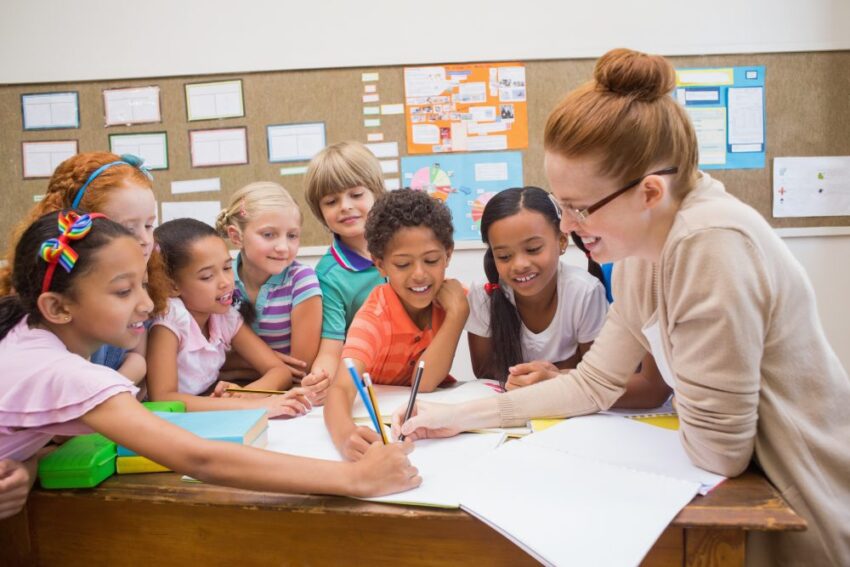Empowering Children Through Montessori Education: A Transformative Approach
Montessori education is a transformative approach that aims to empower children to become independent, confident, and intrinsically motivated learners. Developed by Dr. Maria Montessori in the early 20th century, this educational philosophy emphasizes child-centered learning in a carefully prepared environment.
The Montessori Method: A Unique Approach
The Montessori method stands out from traditional educational models through its focus on individualized learning, hands-on experiences, and fostering a love for learning. The classroom environment is designed to facilitate exploration, discovery, and social interaction while promoting self-discipline and respect for others.
Child-Centered Learning
In a Montessori classroom, children are encouraged to take an active role in their education. They have the freedom to choose from a variety of activities and materials based on their interests and readiness. This choice empowers them to become self-directed learners, enabling them to discover and pursue their passions.
Practical Life Skills
One of the hallmarks of Montessori education is its emphasis on developing practical life skills. Children engage in activities such as pouring, buttoning, sweeping, and cleaning as a way to foster independence, motor skills, concentration, and coordination. These skills not only empower children to take care of themselves and their environment but also build a foundation for future academic achievement.
Respect for Individual Development
Montessori education recognizes and respects individual differences in children’s learning styles, interests, and abilities. Teachers observe and assess each child’s progress, tailoring instruction to meet their unique needs. This personalized approach ensures that children are neither held back nor pushed beyond their capabilities, thereby promoting confidence and a positive self-image.
Fostering a Love for Learning
In a Montessori classroom, learning is not seen as a means to an end but as a lifelong journey. The curriculum is designed to spark curiosity, exploration, and creativity, cultivating a love for learning in children. By engaging in purposeful work, children develop a deep sense of satisfaction and joy, motivating them to continue their educational pursuits beyond the classroom.
Social and Emotional Development
Montessori education places great importance on social and emotional development. Children learn to work cooperatively, share, and resolve conflicts in a peaceful manner. The mixed-age classroom environment allows younger children to learn from older peers, while older children gain leadership skills and empathy. This inclusive and supportive atmosphere enhances children’s self-esteem, communication skills, and ability to collaborate with others.
Conclusion
Montessori education is a transformative approach that empowers children by fostering independence, self-motivation, and a love for learning. Through the child-centered learning environment, practical life skills, respect for individual development, and emphasis on social and emotional growth, Montessori education prepares children for a lifetime of success and fulfillment. By embracing this approach, parents and educators can provide children with the tools and mindset to thrive in an ever-changing world.
Nidhin
For More Details Call: +917510220582

